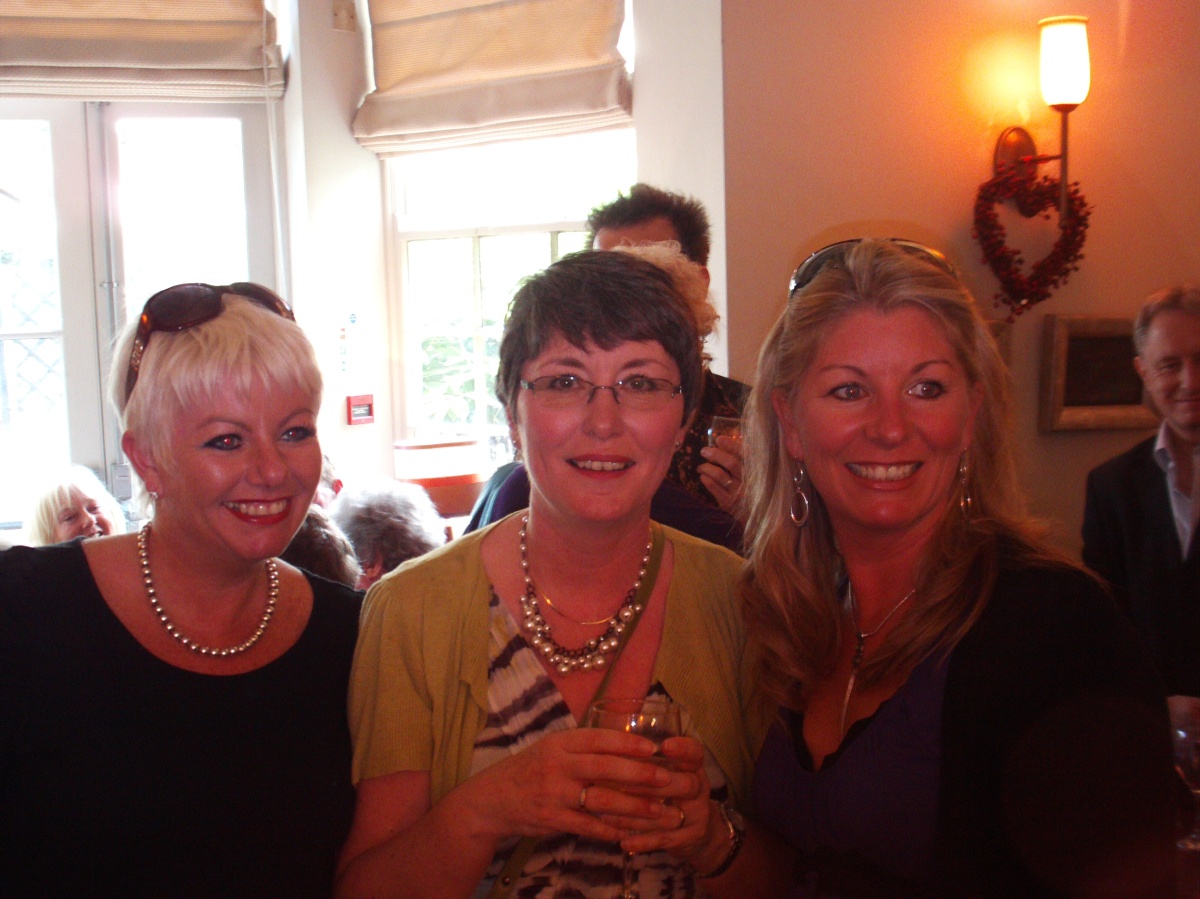I did a lot of my early research online because it was in Scotland and I am in England. however, once I got involved in English research I had to be brave and face the record office in Leicester.
Originally my impression was that it was a scary place full of people who knew tons more than me, I’d look and feel very inadequate, I’d have to wear silly Minnie Mouse gloves. Not the case! For your first visit I would be sure to check the open times and they are not always open your typical open hours. It’s a sad fact that with so much on the Internet and not much promotion done to encourage people to use the facilities, they are reducing their hours and may one day end up closing to the public altogether. Use them….or lose them!
When you go initially, take various forms of ID so you can get a readers card and ask one of the staff to at least give you a bit of a tour. You won’t remember where everything is but it might just get you started on your first visits.
Once in the library there are often resources such as micro film or fiche, books and maps all there for you to use. For items called up from the vault, you generally need to fill in a slip with the reference numbers and description and submit it to the staff who then tend to bring the documents out in batches. You can’t be vague about what you want – they need the exact details (which they will help you with) and will only bring 3 documents to you at a time.
My top tips are:
- Use these facilities!
- Ask the staff but be clear on the detail. Asking “I’m researchin my Smith family tree where do I find them all” isn’t going to endear yourself to them (I have often heard these types of requests, much to the amusement to the old timers)!
- Don’t take things at face value. By that I mean I have done research using one particular resource and thought I had exhausted it then found some additional, relevant material elsewhere. Sometimes asking the same question of two different members of staff provides added value.
- Take all your info with you in case you find something relevant to another part of your research while you are there
Finally, you can take in your laptop and they will usually have wi-fi. You will only be allowed to take in pencils for writing – no pens allowed! You normally have to leave your bag at reception and if you want to take photos you usually need to ask permission on a document by document basis and will need to buy a licence (£5 in Leicestershire).
My advice is….go, try it, enjoy the results!

